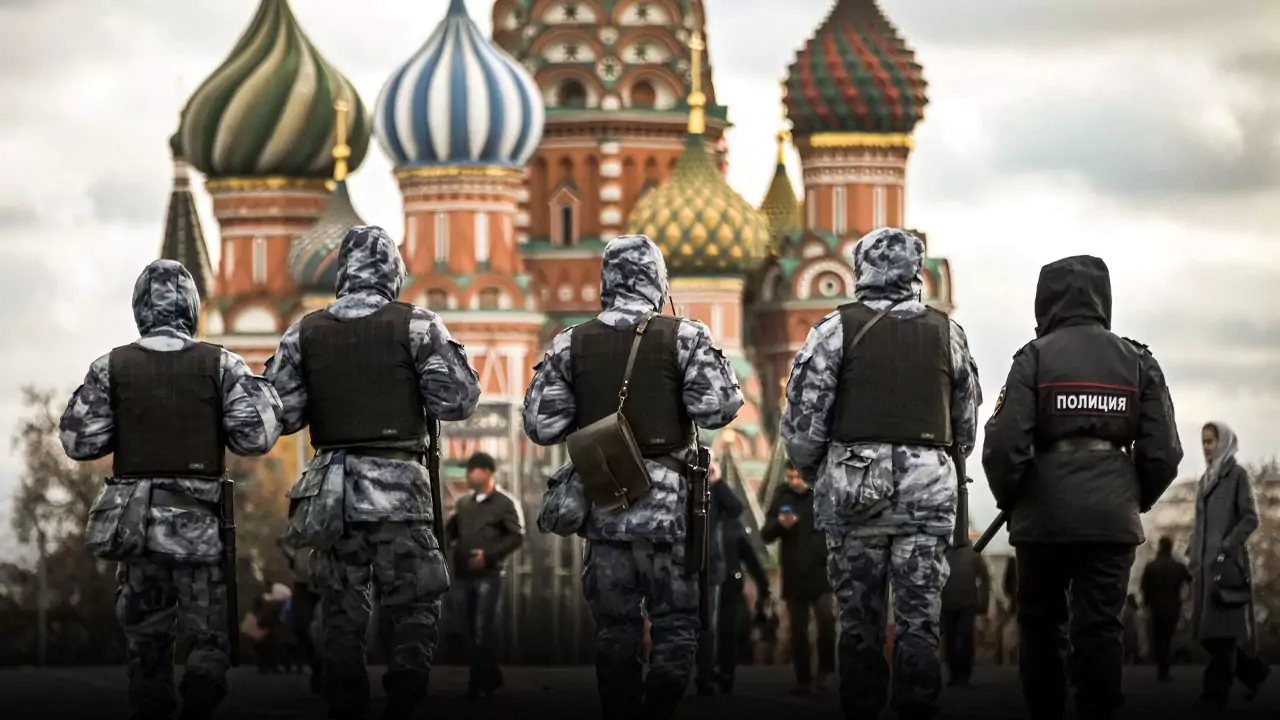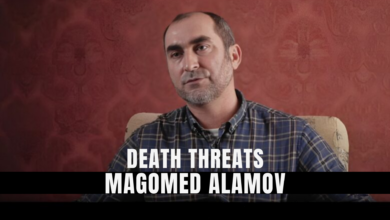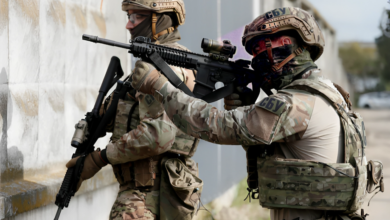Sanctions Tested: Russia’s Adaptive Tactics

Russia’s invasion of Ukraine in February 2022, the Western countries have reacted forcefully by imposing a wide range of sanctions. The goal of these actions is to put Russia under economic pressure and deter future aggression. Asset freezes, export restrictions, bans on imports, and denial of access to global financial systems are a few of the sanctions enforced.
A major element of the sanctions is asset freezing, which aims to limit and immobilize Russia’s financial resources to make it more difficult for it to finance military activities. Import restrictions prevent the flow of goods that could support Russia’s invasion effort, thereby curbing economic support. Russia’s access to vital technologies and resources required for a variety of industries is simultaneously restricted by export prohibitions.

In addition, severing Russia’s ties to international financial systems seeks to isolate it from markets around the world and hinder its capacity to raise funds and carry out cross-border transactions. By putting out a strong message of disapproval and highlighting the international community’s commitment to advancing peace and stability in the area, these coordinated actions aim to hold Russia responsible for its actions in Ukraine. To promote diplomatic solutions and discourage future military aggression, the West has united in its response to the invasion through the imposition of these sanctions.
In reaction to Russia’s invasion of Ukraine, the West has imposed a number of sanctions; however, some analysts contend that stronger economic sanctions are required to effectively prevent Russian President Vladimir Putin from engaging in further aggression. The Society for Worldwide Interbank Financial Telecommunication (SWIFT) system is the main secure messaging system used by banks worldwide for quick and safe cross-border payments. One proposed solution is to deny Russia access to this system.
Limiting Russia’s access to SWIFT would have significant ramifications and make it much more difficult for it to carry out cross-border financial transactions. Significant economic strain would result from Russia’s inability to conduct vital financial business dealings with other nations. Global financial connectivity relies heavily on the SWIFT system, and Russia would be vulnerable to countermeasures from other SWIFT member countries if access were to be cut off.
With this move, the West hopes to make Russia’s aggressive actions more expensive and to reinforce the economic effects of sanctions. More drastic measures, such as focusing on vital financial infrastructure, are argued to be required by those who oppose the current sanctions in order to force Putin to change his behavior and promote diplomatic solutions to the geopolitical quandary in Eastern Europe.
Another strategy that has been proposed is to extend the scope of the sanctions to include other countries, like India, Kazakhstan, and Turkey, that act as intermediaries for Russian goods and services. By concentrating on these intermediaries, the West could put more pressure on Russia’s trading partners, diminishing its power and adding more roadblocks to its trade relations.
Experts advise focusing on particular areas of the Russian economy, such as infrastructure, energy, defense, and technology, that are crucial for the country’s military and geopolitical objectives. The goal of this strategy is to break up Russia’s supply chains so that essential goods and services become scarce.
The West might increase the economic impact of sanctions by deliberately targeting sectors that are essential to Russia’s military capabilities, which might lead to a reevaluation of its aggressive stance.
RECENT UPDATES ON SANCTIONS EFFICACY
The impact of these sanctions is diminishing as Russia adapts and becomes more adept at dodging them. The Russian economy has resumed growth in the face of increased military spending, which has risen to 10% of GDP from 3-4% prior to the full-scale invasion.
There have been numerous reports of goods, including those that are prohibited, entering Russia through third countries (German exports to Kyrgyzstan have increased significantly, and many of those products are making their way to Russia quickly). Furthermore, Russia is undermining the oil price cap by maintaining a “shadow fleet” of oil tankers and engaging in dishonest accounting.
Sanctions, according to critics, have failed. Some even contend that penalties are ineffective overall. I was involved in the creation of the first sanctions against Russia in 2014 as the former Coordinator for Sanctions at the U.S. State Department. They were important, and the events that followed in 2022 were even more so.

Just take a look at Russia’s economic situation. The country’s economic outlook is still rated as “dim” by the IMF. The Russian GDP has been inflated by massive defense spending. The value of the ruble has increased due to capital controls that compel Russian companies to surrender their hard currency to the government.
However, these drastic steps are not sufficient to offset the effects of economic pressure. By stepping up sanctions and enforcement, the West can further tighten the screws. Now is the moment to intensify economic pressure on Russia in light of Ukraine’s faltering counteroffensive.
The US and Europe have several options to address Russia’s economic situation. They can tighten export controls on niche technologies, close oil price cap gaps, use frozen Russian assets to help Ukraine, extend financial sanctions to Russian banks, and clamp down on exports to countries bound for Russia.
The US, E.U., and the UK are already taking some of these steps, with Washington announcing new sanctions on December 12. They can do more to deepen Russia’s isolation and ensure the safety of its citizens
In the short term, increasing economic pressure on Russia may demonstrate that Putin is unable to subjugate Ukraine and wait out the West as he had hoped. Economic pressure can be effective, as the West discovered during the Cold War.








